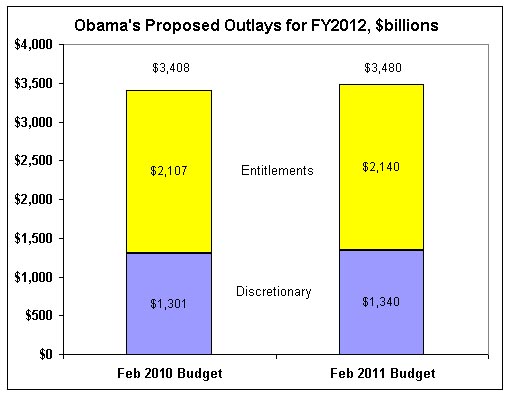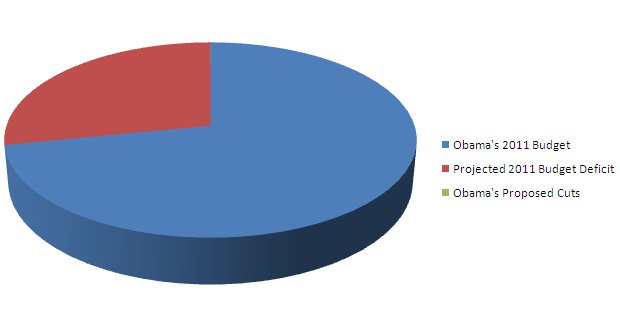09-16-2009

Permalink
|
Subject: Mandating Community Service: The Indirect Method
In reading an article entitled
10 Ways to Get Your
Child Involved in Your Community, the author, going only by
the first name of Kimberly, writes:
"If you have a child approaching college, community service is
essential for them when filling out college applications. Most
colleges do not only look at a student's grades, they also want
to know what kind of community service a student has performed
over the years. Many scholarship applications ask students to
write about their community service experiences."
I have not looked into college application requirements for many
years, but it wouldn't surprise me if this were true. Where once
an individual's dedication to their academic performance was the
principal criteria for acceptance into higher education, with the
creeping socialization of our culture, other concerns like
"commitment" to community may now be large determinants.
With government controlling so much of the educational infrastructure
already, it gives one pause to contemplate the reason that Barack
Obama has made it one of his priorities for the federal government
to overhaul the college loan system, eliminating lending
institutions from the picture and requiring students seeking aid to
apply directly to the federal government? The ostensible reason
given is that this would save money because the government would be
so much more efficient at distributing the aid, rather than
"giving lenders billions of dollars in wasteful subsidies".
Yes, we have heard this mantra before, and remain as unconvinced
here as we have been with its many other applications. Somehow, I
find it hard to take seriously the idea that this administration is
interested in saving money! For you old time computer hackers
reading this, I would say that this governmental incantation is the
equivalent of the command
xyzzy.
And paraphrasing the Adventure game, I would give respond #50:
"GOOD TRY, BUT THAT IS AN OLD WORN-OUT MAGIC IDEA." :-)
Consider Obama's quest to regulate student loans from another
perspective. Let's start by reviewing what happened, less than a
year ago, to the businesses that received federal bailout money.
With no contractual requirements presented to them, and only
retroactively after the funds had been taken, the Obama administration
began imposing draconian levels of control which included capping
salaries and bonuses, forcing mergers and dissolutions on unwilling
parties, invalidating contractual agreements and obligations by fiat,
replacing company leadership, mandating the specific product to be
produced, and so on. Clearly, Obama did not want to simply save the
economy from collapse — he wanted to control it! Now, when the
majority of students seeking higher education are forced to come
directly to the federal government, hat in hand, to obtain their own
personal bailout money student loans, why do we have any
reason to think that the same tactics will not apply? Want that
college degree? How's your community service record? Have you been
a good little citizen and met your obligation? No? Well, I'm sorry,
but no college for you!
Does this seem unlikely? A year ago, who would have thought that the
president of the United States would be allowed to tell creditors of
the automotive companies that their legal claims were to be invalidated
and that labor unions, with no legal standing, would be given preferred
status? All without benefit of court intervention. In this age
we are living by the rule of man—no longer by the rule of law.
This is why even the most benign-sounding issue, such as the funding
method for student loans, can have disastrous consequences if allowed
to proceed unchecked. The game is afoot. Will we be alert enough,
agile enough, and care enough to counter their tactics? We will win,
only if enough people engage them on the intellectual battlefield,
challenging the fundamental principles that lie behind their strategy.
|







